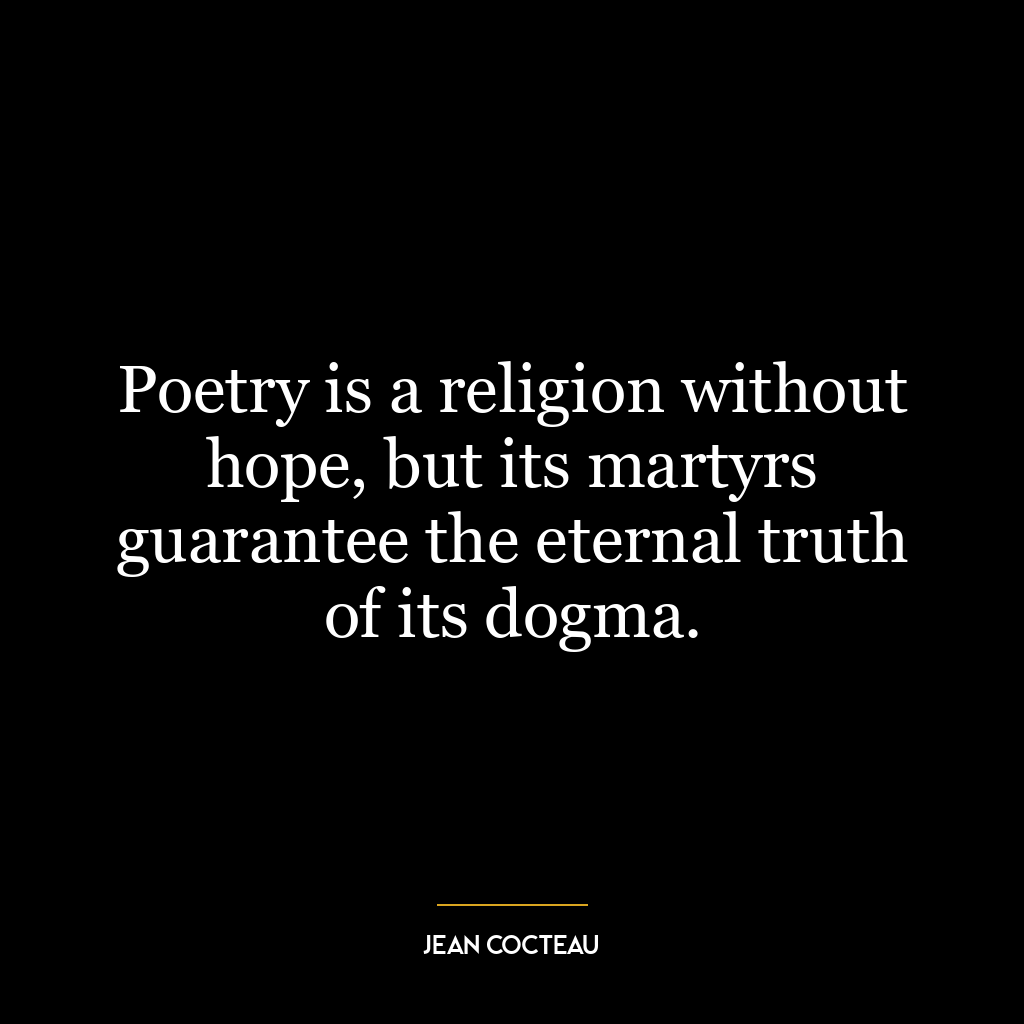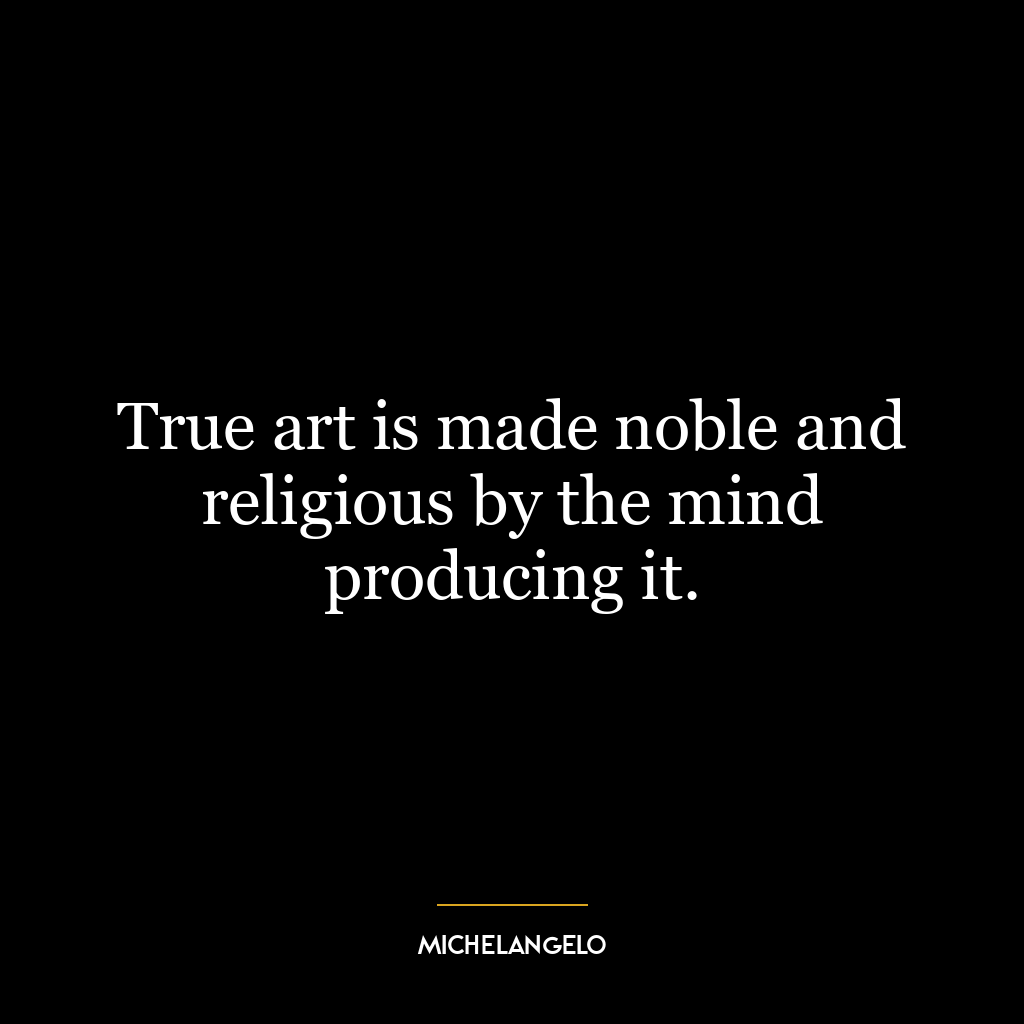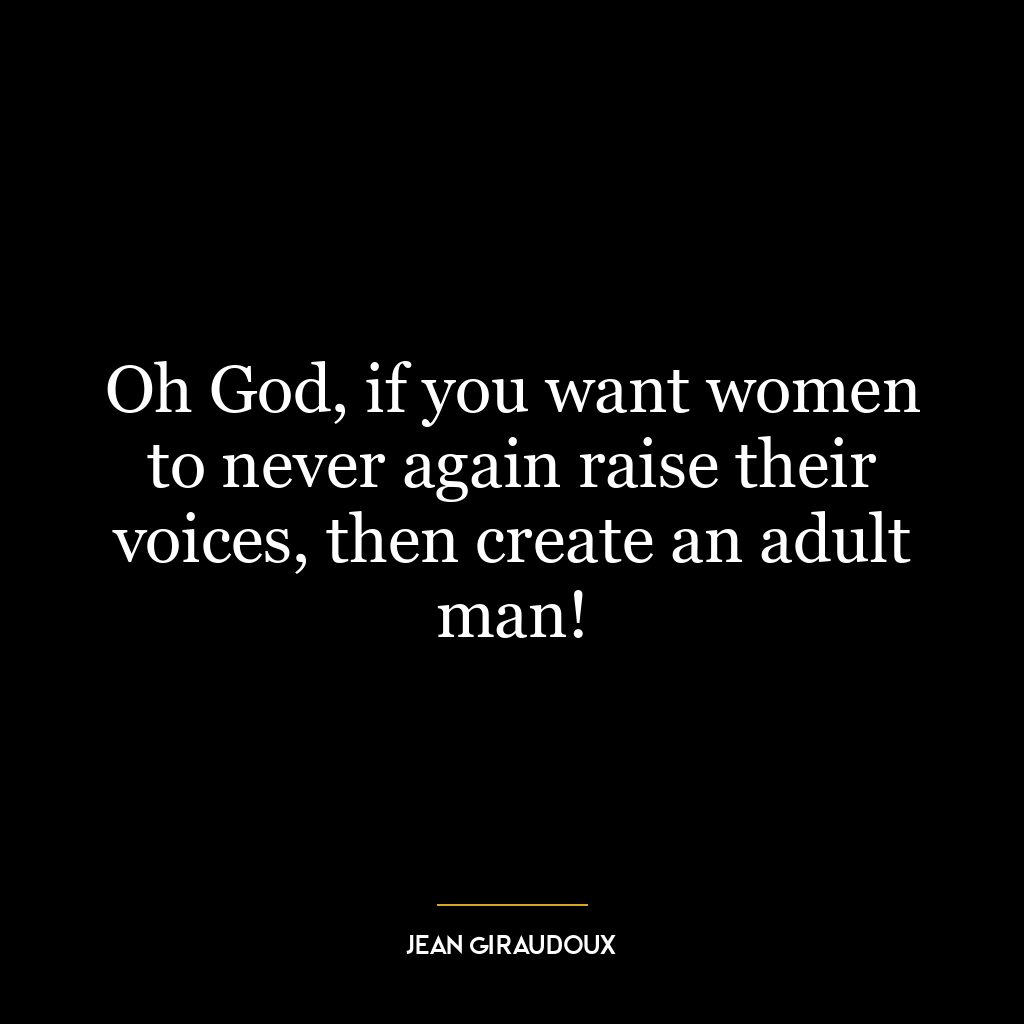Purest religion is highest expediency. Many things are lawful but they are not all expedient.
This quote delves into the intersection between morality and pragmatism. When Gandhi says “Purest religion is highest expediency,” he is suggesting that the most authentic form of spirituality or religion is not about rigid adherence to rules or rituals, but about making choices that are most beneficial or expedient in a broader, more universal sense. This is not to be confused with selfishness or short-term gain, but rather about making choices that serve the greater good, even when they are difficult.
The second part of the quote, “Many things are lawful but they are not all expedient,” underscores this point. Just because something is legal or technically permissible within a given system (be it religious, societal, or otherwise), does not mean it is morally right or beneficial in the long run. It’s a call to exercise discernment and prioritize ethical considerations over mere legality or convenience.
Applying this idea in today’s world, it could be a critique of many societal norms and systems which are technically legal, but may not be ethically sound or beneficial for the society as a whole. For instance, certain business practices may be legal but exploit workers or harm the environment. On a personal level, it might mean choosing to act in a way that is kind, compassionate, and ethical, even when it would be easier or more beneficial in the short term to do otherwise.
In terms of personal development, this quote could be interpreted as a call to cultivate moral discernment and integrity. It’s about making choices that align with our deepest values and the greater good, rather than simply what is easy, convenient, or immediately rewarding. This could be as simple as choosing to recycle even when it’s inconvenient, or as complex as standing up against injustice even when it’s unpopular.









